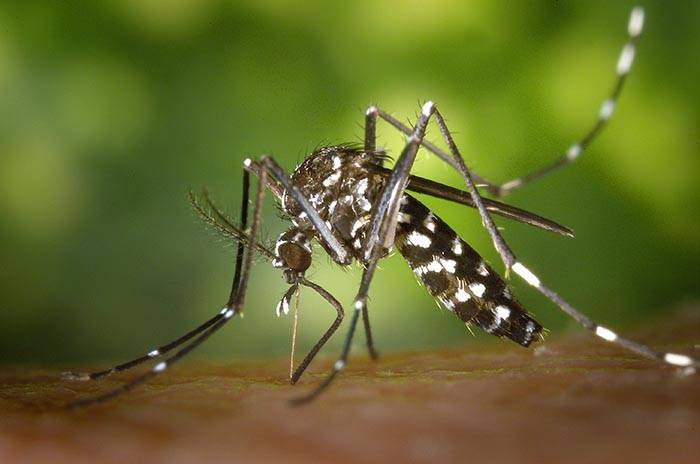Citing an Antara News article, Tempo are reporting that a spokesperson from Indonesia’s Health Ministry, Ngabila Salama has highlighted the government’s reasons for releasing Wolbachia mosquitoes in several regions and why it is necessary in the country.
“[The mosquito is] an environmentally friendly [innovation that is released] based on data and evidence, and has been studied by UGM (University of Gadjah Mada Yogyakarta) since 2011 with existing international scientific publications showing an 80 to 90-percent reduction in the number of [dengue] cases, hospital admissions, and the use of fogging,” Ngabila said on her Instagram account @ngabilasalama.
UGM say Wolbachia is a natural bacterium found in six out of ten insect species. In Aedes aegypti mosquitoes, Wolbachia can reduce the replication of the dengue virus, thereby reducing their capacity as dengue vectors. The primary working mechanism is through competition for food between the virus and bacteria.
Reports revealed that the government has released Aedes aegypti mosquitoes carrying the Wolbachia bacteria to 47,251-points in Semarang City, 20,513-points in Bandung City, 18,761-points in West Jakarta City, 9,751-points in Kupang City, and 4,917-points in Bontang City. Kompas report that a similar test in Bali was rejected by the government and local community.
Ngabila explained that dengue hemorrhagic fever has been declared endemic in Indonesia, making it necessary to take measures to prevent the spread of the disease. So the notion of dengue as a harmless disease is not appropriate, as it is among the top five cases of infectious diseases that need to be prevented.
Fighting dengue by releasing the modified mosquitoes is also the government’s commitment to achieving zero deaths from dengue worldwide by 2030. Wolbachia, she stressed, is a complementary innovation besides 3M Plus, which is the drain-cover-reuse method to prevent mosquito breeding and the One House One Jumantik (a larvae buster) program, say Tempo.
“After a successful program in Yogyakarta, the Indonesian Health Ministry with thorough preparation through training, outreach, and a structured and measurable timeline, is expanding it to five other cities under a Ministry of Health’s Decree,” Ngabila added.
Ngabila explained that Wolbachia is an environmentally friendly technological innovation that does not involve genetic engineering or ecosystem modification. The mosquitoes are expected to combat dengue cases and even reduce deaths to zero.
The Wolbachia bacteria prevents Aedes aegypti mosquitoes from transmitting the dengue virus to humans. She urged the public to think positively, be smart, and not fall for fake news about Wolbachia mosquitoes.
Source: Tempo, Antara News, Kompas
Stock image by Pixabay on Pexels
The post Wolbachia Mosquitoes Released But Not in Bali appeared first on Bali Expat.



